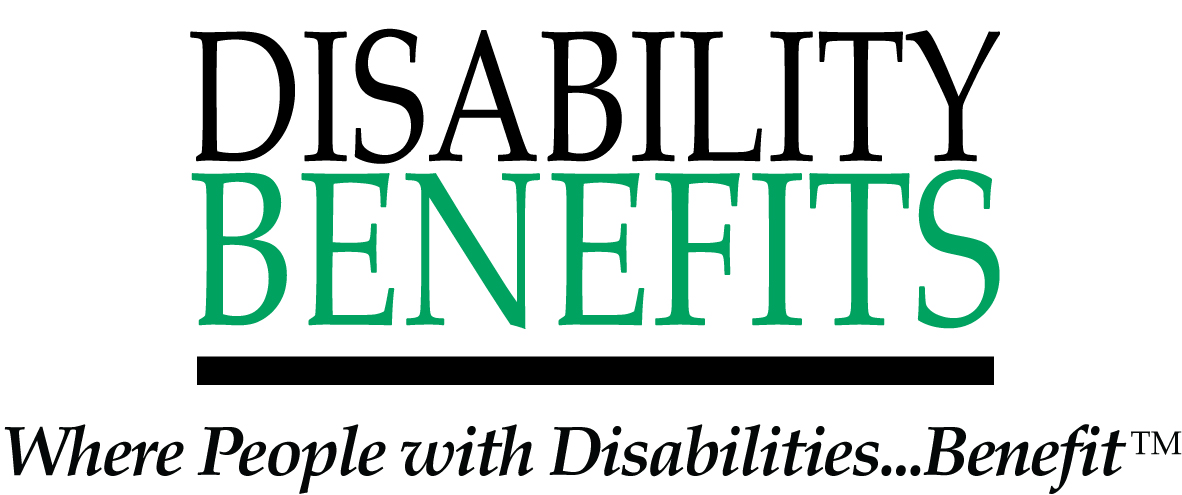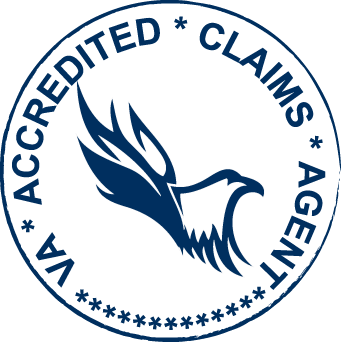SOCIAL SECURITY DISABILITY PROGRAMS
The Social Security and Supplemental Security Income disability programs are the largest Federal programs that provide assistance to people with disabilities.
While both programs are designed to provide assistance to people with eligible disabilities the criteria for Social Security Disability Insurance (SSDI) and Supplemental Security Income (SSI) are different.
Social Security Disability Insurance (SSDI)
Social Security Disability Insurance (SSDI) pays benefits to you and certain members of your family if you worked long enough and paid Social Security taxes – making you “insured.” The SSDI program is paid by workers, their employers, or self-employed workers. In other words, if you worked, these are benefits you have paid for.
- Workers must have earned sufficient credits based on the Social Security taxes they paid while working to be considered “insured.”
- The amount of monthly disability benefits received is based on the Social Security earnings of the insured worker.
- You are entitled to Medicare coverage after a 2-year waiting period from the date of your approval.
- Under SSDI, disability benefits are payable to disabled workers, their children, and the worker’s widow(er), or to adults who have been disabled since birth.
Supplemental Security Income (SSI)
Supplemental Security Income (SSI) pays benefits based on financial need and is not based on your prior work history. In most states beneficiaries will automatically be eligible for Medicaid. If your child is approved for benefits their monthly payment amount can vary, but may be supplemented by the state. The monthly payment your child receives if approved can vary up to the maximum federal benefit rate which may be supplemented by the state. In most states, beneficiaries will automatically be eligible for Medicaid.
Eligibility requirements for Social Security Income (SSI) and SSI for Children, include:
- Being 65 years or older, an adult who is disabled or blind, or a child who is disabled or blind.
- Having limited income and resources.
- Meeting the living arrangement requirements.
- Being a U.S. citizen, national, or having a qualifying alien status.
If you need help determining what benefits you may be eligible for under these programs call Disability Benefits at 281-334-4070 or simply fill-out the form below.
Start receiving the benefits you deserve.
For more information on the areas we serve and for a FREE assessment, please complete the following form and an Accredited Disability Representative will contact you.
Privacy and Security Notice: Your personal information is strictly confidential and secure. Upon submitting this form, you will receive an email or phone call from one of our Accredited Representatives to discuss your disability claim.


